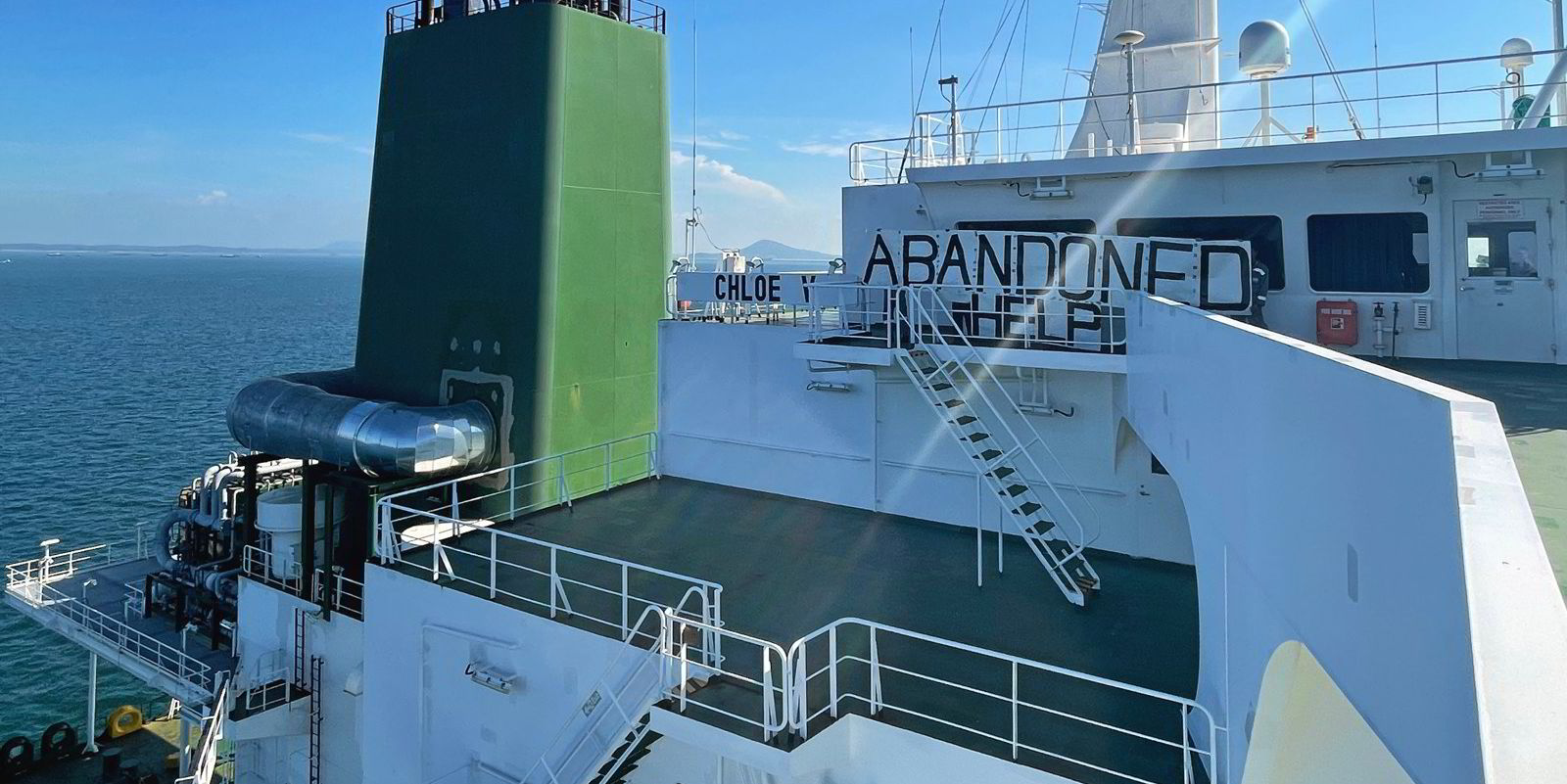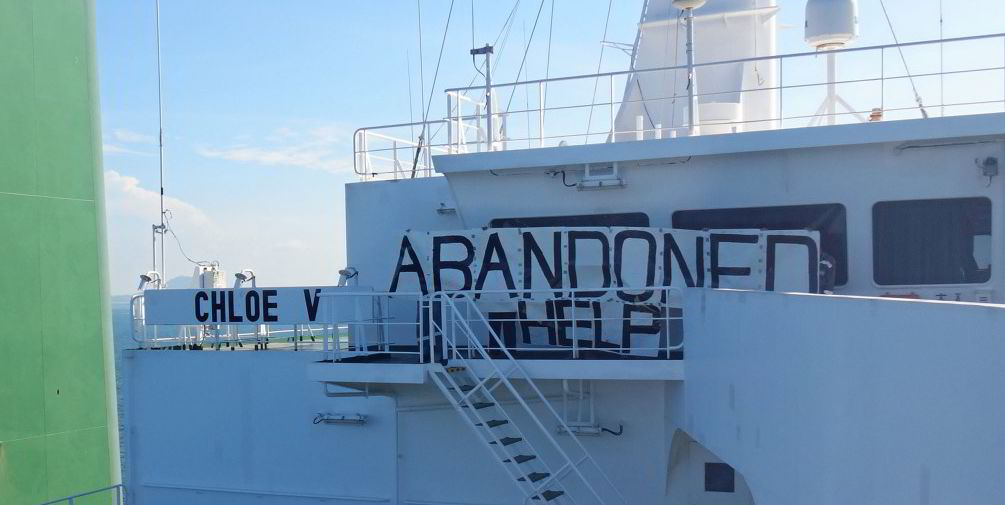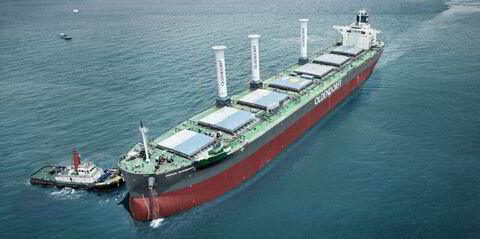It was no surprise when a plea for help from a crew stuck on board a VLCC arrested off Singapore landed in the TradeWinds’ inbox.
I felt for the seafarers on the 320,300-dwt tanker Chloe V (built 2011) as I read their sorry tale of being trapped on board for months with expired contracts and back wages owing.
In more than two decades of writing for TradeWinds, I have covered far too many incidents in which seafarers have been abandoned by employers, left in dire straits on board a rusting hulk.
Like many people, I had hoped that the 2006 Maritime Labour Convention (MLC) would bring such appalling treatment to an end. Sadly, it has not.
International Maritime Employers’ Council chief executive Francesco Gargiulo recently called the MLC a “toothless tiger”.
Although his criticism was largely directed towards the pandemic crew-change crisis, it is equally applicable to the saga of seafarer abandonment.
Quite simply, people who the MLC stipulates should be stepping up to the plate prefer to exploit loopholes to delay the process, or pass on the responsibility, when they are asked to cough up cash.
Crews are powerless
Arguments between shipowners, managers, flag states, protection and indemnity clubs, and everyone else involved, can drag on for months as the buck gets passed back and forth. Crews are powerless in the process and can only sit on the sidelines and wait.
Take the Chloe V’s crew. Hermes Marine Management, which manages the tanker on behalf of British Virgin Islands-registered single-ship entity Chloe Navigation, stopped paying wages after the ship was arrested by Koch Shipping over a commercial dispute.

The Piraeus-based ship manager told TradeWinds it was “advised” that Koch, as the arresting party, is now responsible for the expenses of the vessel.
Lawyers at major shipping law firms in Singapore that are involved in ship arrests said there is no direct legal obligation requiring parties that arrest ships there to pay the crew’s monthly wages.
Arresting parties are obliged to indemnify the sheriff only for the costs incurred by the vessel during the arrest.
Clyde & Co lawyer Leong Lu Yuan explained: “If the presence of the crew on board is necessary to preserve and maintain the vessel, or to meet minimum safe manning requirements, their wages during the period of arrest will likely be regarded as sheriff’s expenses for the arrest.
“These expenses are payable by the arresting party if they are not otherwise recovered by the sheriff from the proceeds of [the] sale of the vessel.”
Ultimately, these sheriff’s expenses are charged to the account of the vessel; so, strictly speaking, it is the responsibility of the registered owner to settle them to secure the release of the ship if it is not sold.
It is unclear why the salary payments and repatriation for the 28 seafarers stranded on board the Chloe V have yet to be arranged.
A senior officer who acts as the crew’s spokesman said questions seeking clarification to all relevant parties have largely gone unanswered. They have only been told that the matter is being dealt with and they need to be patient.
Cold comfort
Telling seafarers that the arguments over who should take responsibility will eventually be resolved somewhere down the road provides little comfort when they have immediate financial needs to support their families and pay their mortgages.
Ask yourself this: Can you go without your salary for months on end?
Hermes claimed it is “deeply concerned” about the Chloe V crew and can “fully understand and sympathise” with their “predicament”, but it feels it has no legal obligation to help them.
But surely a company that employs seafarers on behalf of a shipowner, then puts them on a vessel that they are expected to keep safe and in good running order, also has a moral obligation to look after them no matter what the legal obligations are.





